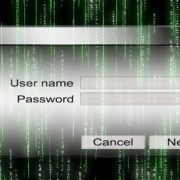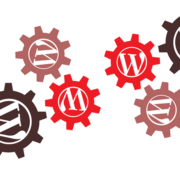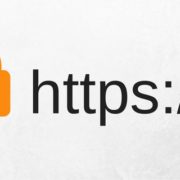Privacy and security checklist for WordPress website
WordPress is among the most popular content management systems (CMS) due to its user-friendly nature and the amount of freedom it offers to web developers. More than a third of the top 10 million websites use WordPress for these reasons.
Its popularity has its downsides, however. The vast majority of the security vulnerabilities inherent in WordPress is shared across every website that uses it. This means that if WordPress encounters an issue, millions of websites also face that issue—and yours could be one of them.
As such, we’ve compiled a handy privacy and security checklist for you to check over when you’re building your WordPress website. We’re going to talk about virtual private networks in the process, so if you want to learn more beforehand, including why VPN is beneficial, you can check some reviews.
#1 – Usernames and passwords
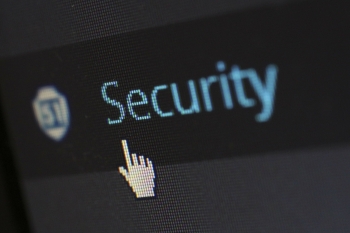 It’s common knowledge that if a hacker knows your username and password, then it’s easy for them to access your accounts. This goes for everything, not just WordPress; if you reuse passwords across various accounts (which you definitely shouldn’t), then a hacker only needs to compromise one of your accounts before they can get into your WordPress account.
It’s common knowledge that if a hacker knows your username and password, then it’s easy for them to access your accounts. This goes for everything, not just WordPress; if you reuse passwords across various accounts (which you definitely shouldn’t), then a hacker only needs to compromise one of your accounts before they can get into your WordPress account.
If you aren’t careful, you can make this a ridiculously easy process for hackers. WordPress automatically the username on new accounts to ‘admin,’ which means a hacker then only needs to figure out what your password is and they’re in.
Basically, as soon as you create your WordPress account, be sure to change the ‘admin’ login to something more difficult to guess. Otherwise you might as well hand your data over to a hacker and save them the trouble.
#2 – Don’t ignore updates
It’s can be almost like a knee-jerk reaction to ignore updates. They take up time when you’d rather just be getting on with some work. But just because they’re bad for productivity in the short term doesn’t mean they’re bad for business in the long term.
Quite the opposite, in fact. Updates are usually issued every few months to ensure software is up to date in terms of its security vulnerabilities. Software researchers are always on the hunt for new vulnerabilities, and updates are versions of existing software that patch any vulnerabilities they might have found.
The same goes for plugins, as these can create sneaky backdoor entrances to your WordPress site. As a rule, you should never ignore updates, because if a software researcher has found vulnerabilities in the code, there’s a chance a hacker has, too.
#3 – Google Search Console
Look, we all know Google isn’t the best for respecting data privacy, but in this instance, they’re actually really useful. Enabling the Google Search Console gives you an easy way to create a search function on your WordPress blog, but there are also other benefits that make it good for security.
Because Google are constantly amending their index and blacklisting malware-infected websites, they use their Search Console to run checks on attached WordPress sites to ensure they’re totally clean.
While this sounds hideously invasive, Google actually comes through: the Search Console informs you of hacks as and when they happen. If you’re in the habit of storing backups—which you definitely should be—then you can revert to an older version of your WordPress site in order to lock the hacker out of the system entirely.
#4 – Use a VPN
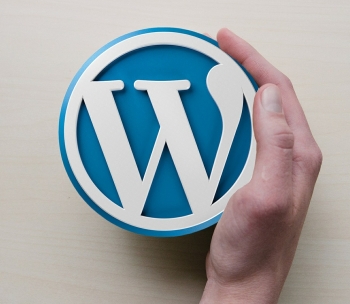
Better yet, a good VPN service will also provide an encryption service to make sure that, even in the case of man-in-the-middle attacks, there’s very little chance a bad actor could intercept the data you’re sending across the network.
The best VPN services will offer impenetrable encryption ciphers to ensure your data is locked down tight. The one to look out for is the AES-256-bit model, which is the same cipher the US government use.
Conclusion
When you’re building a new WordPress site, privacy and security should be among your main priorities. After all, before the site is properly up and running, you’re in a position where your site isn’t fully functional, which is a haven for hackers.
Although each of the steps we’ve mentioned are essentials, it’s worth remembering that working through a VPN really is the best and most comprehensive way of ensuring that no bad actors can ever get a hold of your personal data. It keeps your WordPress site locked tight under wraps, and for as long as you keep your VPN, that’s the way it’ll stay.
- About the Author
- Latest Posts
Marlene works as editor in chief for Biteno GmbH and writes about all matters related to Internet stories.


